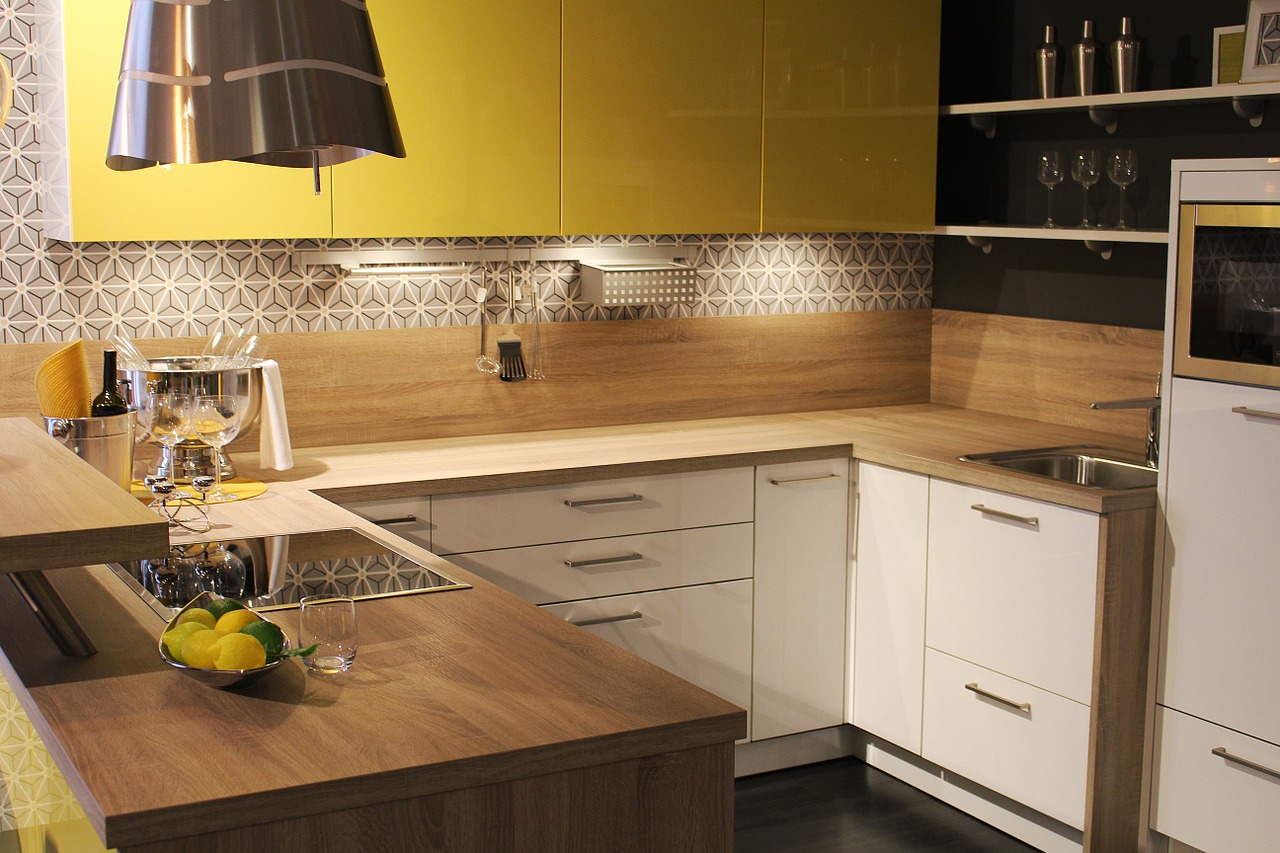
Millennial Housing Trends: Everything You Need to Know
To be able to define current housing trends, we have to look at the demands of the millennials. This generation of young individuals is expected to take over Boomers that currently make for the largest section of the population, and all this is poised to happen in the near future. Because of that, it pays to have an insight into what exactly the millennials are looking for in real estate properties in order for businesses to keep up with their demands. Below, we are listing some of the ways millennials are shaping the housing market as well as some advice on how to accommodate the needs and wants of this heavily influential group of home buyers and renters.
The millennial homeownership rate is on the rise (but still behind other generations)

The number of millennial home buyers has increased significantly compared to the past several years. The homeownership rate is rising as more and more millennials are starting to follow the footsteps of the previous generations and taking the plunge in terms of purchasing real estate properties. That being said, the millennial homeownership rate is still lower than those of Gen Xers and Boomers at that age, falling behind these previous generations by 8%. There are several factors that are posing as obstacles to millennial homeownership. Most often, they include large student loan debts the millennials are living with, the costs of living in bigger cities, putting off marriage mainly because of economic reasons, as well as the challenges of saving up for down payment. The fact that mortgage rates rose significantly doesn’t help either, and it serves as an indicator that many millennials will continue to seek different rental accommodations.
Millennials embrace the rental lifestyle for longer

High property prices, mortgage rates, and the general tendency of millennials moving away from the traditional ways of looking at homeownership have all influenced the trend of renting longer. Millennials embracing the rental lifestyle for longer is a global occurrence, and it is especially prominent in places such as China and Hong Kong, where the house prices are skyrocketing. Due to the demand for flexible housing arrangements, renting a service apartment in Hong Kong has become a standard for those looking to increase their disposable income and enjoy an experience-driven lifestyle. These apartments tend to be smaller, but very functional, well-equipped and fully furnished, while the level of safety as well as the all-inclusive rent makes them even more appealing to millennials. By renting instead of buying, millennials are also given the luxury of changing jobs and moving to another city, which is why the current trend of choosing long-term rentals over fixed monthly mortgage payments is expected to continue.
Millennials are well-researched and prepared

Renting and buying real estate properties is a big financial commitment for millennials. As such, it requires thorough research and planning, something millennials seem to be very good at. They generally appear to be more cautious about making such important moves and often rely on technology to research and inform themselves. In fact, millennials are almost two times more likely to find their home using a mobile device compared to Younger Boomers. Useful information is just a couple of clicks away nowadays, and given how millennials have grown up using the Internet and technology, it doesn’t come as a surprise that they are applying their tech-savvy approach to such complex processes as house hunting.
Millennials look for modern appliances and smart features

When it comes to preferences of millennial renters and buyers, modern upgrades can make a world of difference, whether it is replacing the old stove for a 6-burner range, upgrading the flooring from carpet to hardwood, or adding some other futuristic kitchen gadgets. The tech-savvy generation is also more attracted to homes that possess smart features, so technology upgrades such as thermostats, lighting, and efficient security systems are must-haves in their new homes. Aside from new appliances and high-speed Wi-Fi, some other features millennials want in a home include a large master bedroom, 2-car garages, outdoor entertainment spaces, as well as finished basements.
Millennials look for affordability

With an average student debt for an American student being $29.900, millennials are having a hard time saving up for deposits and down payments. Given the large amounts of US student loan debts and the rise in housing prices, it is no wonder more millennials are turning to renting and purchasing smaller properties. They’ve grown up in a period when the Great Recession hit, so they are more cautious about selecting their new homes. Generally, they are looking for homes that they would be able to pay off with a minimum wage or in case of a pay-cut. This is important to have in mind when trying to appeal to millennials as the home price influences their decisions significantly more than the size of a home.
Conclusion
Keeping up with the current housing market trends has to do a lot with finding ways to appeal to the section of the population defining them. While staying on top of the millennial housing trends can be challenging, meeting the needs of this generation is essential. By making the necessary changes and tackling sought-after additions, you can rest assured that your property will be on-trend and able to attract millennials, whether they are looking to buy or rent.
GUEST BLOGGER

Chloe Taylor
Writer